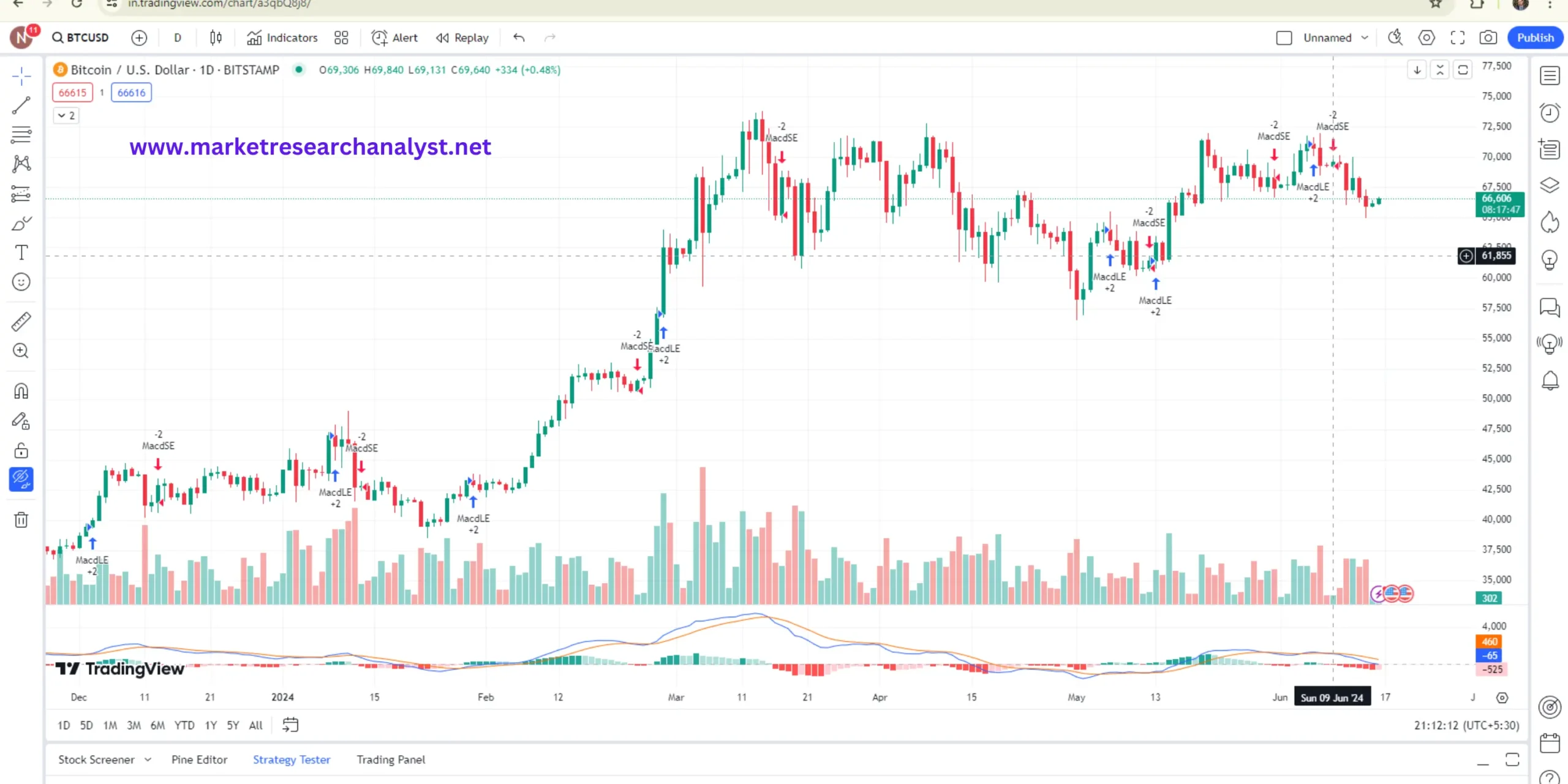Discover how U.S. bitcoin mining policy could transform energy infrastructure and drive financial innovation. Learn about the implications for the 2024 Presidential race and the future of cryptoassets.

Table of Contents
As the 2024 Presidential race heats up, cryptoassets continue to make headlines and spark controversy. Candidates are increasingly embracing the crypto industry; for instance, former President Trump is accepting crypto contributions, and the Biden administration has recently reached out to the sector. Congress, after years of deferring decisions to regulators like the IRS and SEC, is now moving in a bipartisan manner to address issues in the crypto space. These efforts persist despite the White House vetoing an attempt to repeal SAB 121, which had bipartisan support in both houses of Congress.
In June 2024, the focus on the cryptoasset sector took a dramatic turn. After meeting with leading U.S. bitcoin mining organizations, former President Trump expressed his desire to have all remaining bitcoin mined in the U.S. This latest pro-crypto stance has raised questions about the feasibility and implications of such a goal.

Centralizing bitcoin mining in the U.S. is an unlikely goal. Research by 3iQ shows the U.S. currently holds the highest hash rate of any single nation at 38%. Achieving 100% of the global hash rate is logistically impossible due to the decentralized nature of the bitcoin blockchain, a key strength that ensures it is not controlled by any single government.
The U.S. benefited from China’s 2021 ban on crypto mining, but with about 90% of the total bitcoin supply already mined, the costs and logistics of mining the remaining bitcoin solely in the U.S. are prohibitive. Nonetheless, the increased focus on bitcoin mining can still benefit U.S. policy decisions.
Crypto's Potential to Transform the U.S. Energy Grid
The debate over the U.S. energy grid has been contentious, with supporters of fossil fuels and renewable energy sources often at odds. A focus on bitcoin mining necessitates a more balanced discussion about U.S. energy infrastructure.
To increase the hashing power of U.S. miners, the country would need to boost energy production and exports. Infrastructure investments could include expanding fossil fuel production, building LNG terminals, enhancing renewable energy projects, and possibly increasing nuclear power plants. These efforts would reduce electricity costs for miners and promote a more diversified and resilient U.S. energy supply and grid management.
Bitcoin Debates Could Spur Greater Crypto Innovation
While bitcoin often dominates the crypto conversation, the sector has evolved far beyond it. Stablecoins, products from major traditional financial institutions, nation-states establishing strategic bitcoin reserves, and the potential for central bank digital currencies (CBDCs) have all become central to policy debates. Policymakers must foster innovation while protecting privacy and investors.
The prominence of crypto in the 2024 Presidential race highlights its growing importance. Particularly with stablecoins, these instruments could shape the future of dollar-based transactions and payments. Even if media discussions remain bitcoin-focused, a thorough discourse on crypto’s role is essential.

Conclusion
The U.S. must engage in a comprehensive dialogue about the role of cryptoassets. Whether through policy changes in bitcoin mining or broader discussions about energy infrastructure and innovation, the future of the crypto industry will have significant implications for the economy and technology.
FAQs
Why is the U.S. focusing on bitcoin mining now?
The increasing acceptance of crypto by political candidates and the ongoing legislative efforts signal a growing recognition of the crypto sector’s potential impact on the economy and innovation.
Can the U.S. really mine all remaining bitcoin?
No, it’s highly unlikely. The decentralized nature of bitcoin and the global distribution of mining operations make it logistically impossible for any single country to dominate bitcoin mining completely.
How does bitcoin mining affect the U.S. energy grid?
Bitcoin mining requires significant energy. Focusing on it could lead to increased investments in both traditional and renewable energy sources, potentially transforming the U.S. energy grid.
What are the potential benefits of increased bitcoin mining in the U.S.?
Benefits include job creation, technological innovation, enhanced energy infrastructure, and a stronger position in the global crypto market.
What challenges does the U.S. face in increasing bitcoin mining?
Challenges include high energy consumption, environmental concerns, regulatory hurdles, and the decentralized nature of bitcoin mining.
How could U.S. bitcoin mining impact global crypto markets?
Increased U.S. involvement could lead to greater market stability, more robust regulatory frameworks, and enhanced innovation in crypto technologies.
What role do renewable energy sources play in bitcoin mining?
Renewable energy sources can help mitigate the environmental impact of bitcoin mining and provide a more sustainable energy solution for the industry.
What other crypto developments are important besides bitcoin?
Stablecoins, traditional financial products involving crypto, national bitcoin reserves, and central bank digital currencies (CBDCs) are all crucial developments in the crypto space.
How could increased focus on crypto benefit U.S. policy?
A greater focus on crypto could lead to more informed and balanced energy policies, promote innovation in financial technologies, and ensure better investor protections.
Why is the 2024 Presidential race significant for crypto?
Both candidates highlighting cryptoassets indicate that these technologies will play a significant role in future economic policies and technological advancements in the U.S.

